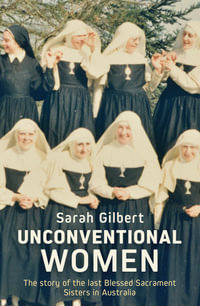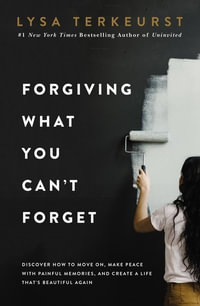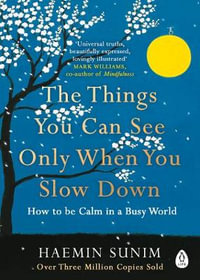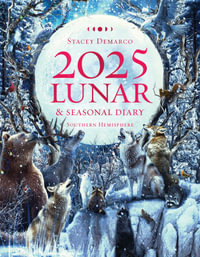Examines how the dynamics emerging from the pandemic affect our most vulnerable populations and shape a new religious landscape
The COVID-19 pandemic upset virtually every facet of society and, in many cases, exposed gross inequality and dysfunction. The particular dynamics emerging from the coronavirus pandemic have been felt most intensely by America's most vulnerable populations, who are disproportionately people of color and the working poor, the people whom the Bible refers to as "the least of these."
This book makes the case that the pandemic was not just a medical phenomenon, or an economic or social one, but also a religious one. Religious practice has been altered in profound ways. Controversies around religious freedom have been re-ignited over debates concerning whether government can restrict church services. Christian white supremacists not only defied shelter in place orders, but found new ways to propagate racist attacks, with their White Christian identity fueling their reactions to the pandemic. Some religious leaders, including those in communities of color, saw the virus as an indicator of God's wrath, or as a divine test, and viewed altering their traditional practices to mitigate the virus's spread as a weakening of faith.
Religion, Race, and COVID-19 argues that there is a religious hierarchy in US society that puts "the least of these" last while prioritizing those who benefit most from white privilege. Yet these vulnerable populations draw on theological and religious resources to contend with these existential threats. The volume shows how social transformation occurs when faith is both formed and informed during crises, offering compelling insight into the saliency and lasting impact of religiosity within human culture.
About the Author
Stacey M. Floyd-Thomas is the E. Rhodes and Leona B. Carpenter Chair and Associate Professor of Ethics and Society at Vanderbilt University. She is a nationally recognized scholar and leading voice in Christian social ethics and womanist thought who provides leadership to several national and international organizations that include Black Religious Scholars Group (BRSG), Society for the Study of Race, Ethnicity and Religion (SRER), Strategic Effective Ethical Solutions (SEES), Society of Christian Ethics (SCE) and the American Academy of Religion (AAR).
She has published eight books and numerous articles that focus on liberation theology and ethics, critical race theory, critical pedagogy, and postcolonial studies including Deeper Shades of Purple: Womanism in Religion and Society, Black Church Studies: An Introduction, The Altars Where We Worship: The Religious Significance of American Popular Culture, and the forthcoming When the Good Life Goes Bad: The U.S. and Its Seven Deadly Sins.
Industry Reviews
Truly exceptional. The inclusion of multi-ethnic voices and intersectional worldviews representing those most impacted by COVID-19 represents a major contribution to multiple disciplinary fields. -- Teresa L. Fry Brown, Bandy Professor of Preaching, Candler School of Theology, Emory University
In this timely and urgent book, Floyd-Thomas has done an excellent job gathering an impressive group of diverse scholars. What makes the volume interesting and important is the variety of methods the book employs in thinking about race and religion in relation to the pandemic. -- J. Kameron Carter, author of Race: A Theological Account
This book troubles readers to think more deeply about the impact of White supremacy-and the hope of Black and Brown love and defiance-as COVID-19 lingers on. * Christian Century *




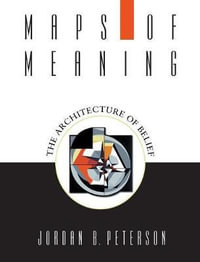

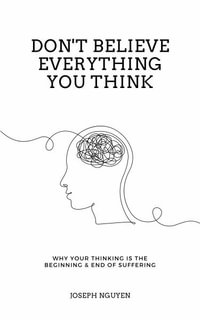
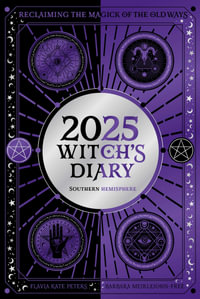
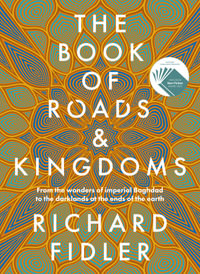
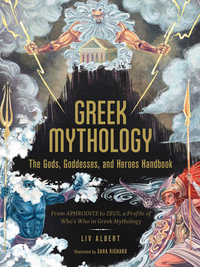
![When Things Fall Apart : Heart Advice For Difficult Times [Thorsons Classics edition] - Pema Chodron](https://www.booktopia.com.au/covers/200/9780007183517/5907/when-things-fall-apart.jpg)
![NRSV Catholic Bible Gift Edition [Teal] : Holy Bible - Thomas Nelson](https://www.booktopia.com.au/covers/200/9780785230410/9912/nrsv-catholic-bible-gift-edition-teal-.jpg)
![NRSV Catholic Bible Gift Edition [White] : Holy Bible - Thomas Nelson](https://www.booktopia.com.au/covers/200/9780785230380/2211/nrsv-catholic-bible-gift-edition-white-.jpg)


